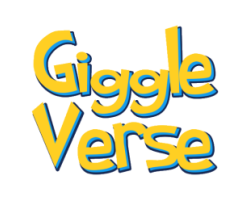About 20 years ago, I used to have a hot tub in the back yard. One cold, winter morning, I noticed that I had left the cover off of it the night before, and the water had probably gotten pretty cold. So I put my slippers on and headed out the back door to replace the cover.
What I didn’t notice was that the steam from the hot tub had caused a thin layer of ice to form on the back stairs. I took one step down the stairs and immediately slipped and fell. Fortunately, there were only three steps so I wasn’t injured, but it did hurt a lot.
After jumping up and down, yelling, and rubbing my behind. I suddenly had an idea! My wife asked me, “Are you okay?” I said, “Yes, but I have to write a poem!”
This poem is the result of that mishap on the stairs.
I Slipped on a Banana Peel
I slipped on a banana peel
and fell and hit my head.
I slipped upon a patch of ice
which nearly killed me dead.
I slipped upon a roller skate
and tumbled into space.
I slipped inside the bathtub
and I landed on my face.
I slipped upon the basement stairs
and on the kitchen floor.
I wish that I could stop myself
from slipping anymore.
So now I only wear my shoes
or boots or clogs or flippers,
but I don’t want to slip again
so I don’t wear my slippers!
--Kenn Nesbitt






